8 Common Signs of Stress in Cats
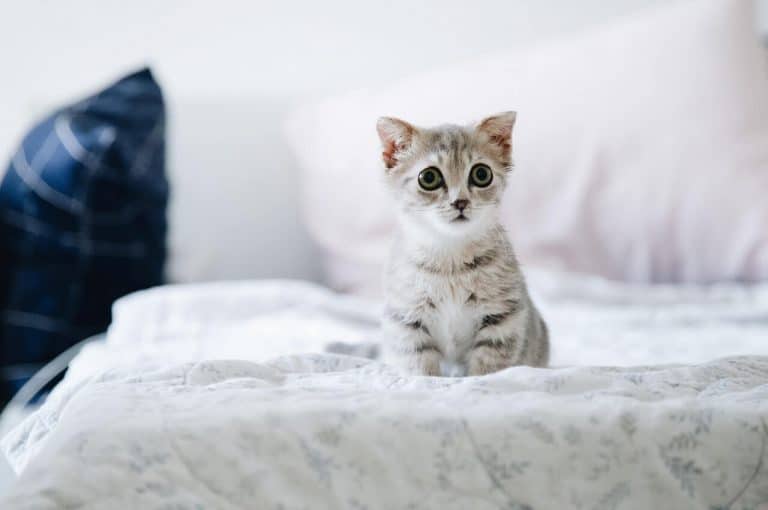
8 Common Signs of Stress or Fear in Cats to Watch Out For
As many cat parents know, understanding exactly how our cat is feeling can be very difficult!
Cats are quite adept at hiding signs of illness and pain, so it is very important for us to be in tune with how our cats are feeling.
Any change from your cat’s typical behavior may indicate some kind of problem.
This could be anything from stress, to pain, or even illness!
This means that is is extra important for us to pay close attention to how our cat is normally behaving, and speak to our vet right away about any sudden changes.
Below are 8 common signs of stress in cats to look out for!
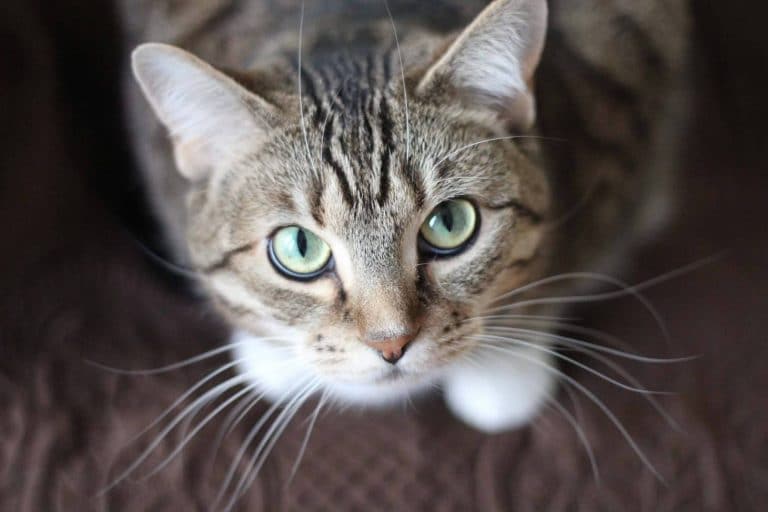
.1 Being Less Social and More Withdrawn
A stressed out cat may act more withdrawn than usual, both from the family and other pets in the home.
An extremely stressed out or anxious cat may even become more aggressive towards his guardians and companions.
Hey, I bet you get a little cranky when you’re stressed too!
If your cat is frequently removing themselves from the situation and not seeking out your attention as much as usual, your cat may be stressed out or afraid.
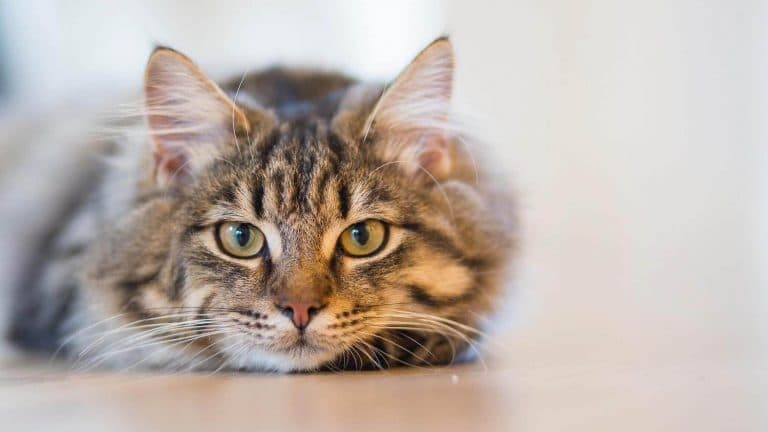
2. Changes in Appetite
A change in appetite can be a sign of fear or anxiety in your cat.
You may notice that your cat tends to eat less than usual when they’re stressed.
When a cat is extremely stressed or afraid they may even stop eating entirely.
Any changes in appetite in our pets should always be taken seriously, as it can indicate anything from mild stress or nausea to severe illness.
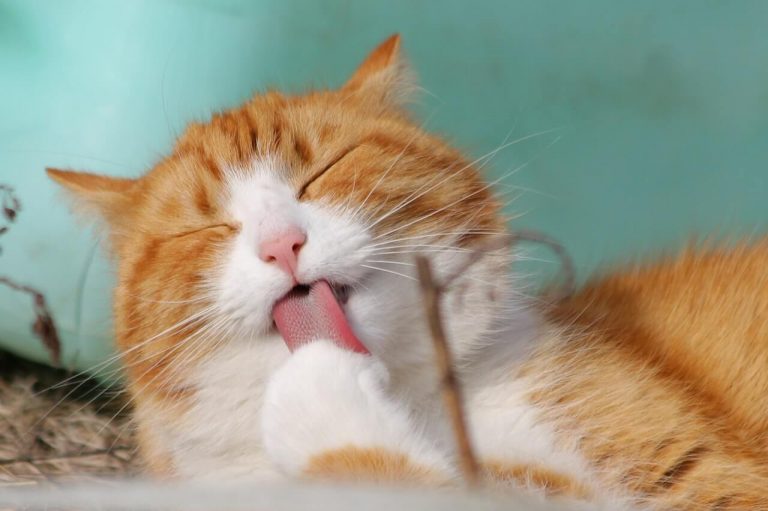
3. Changes in Grooming Habits
Is your cat grooming themselves more often and/or for longer periods of time?
Excessive grooming can be a clear sign of stress in cats.
A cat may even go to the extreme lengths of grooming themselves bald in a certain spot due to stress.
This is often a sign of extreme stress in cats and should be discussed with your vet as soon as possible.
On the other hand, if your is cat not grooming themselves nearly as often as they used to, that can also be due to stress or anxiety. This is often associated with feline depression or mourning.
Cats in general are very hygienic and thoroughly enjoy their daily grooming sessions, so if your cat is no longer grooming themselves this is also cause for concern.
4. Playing and Exploring Less
Cats love hunting and playing, so a confident and stress-free kitty should be playing and exploring regularly (if their condition and age allow for it)!
If your cat has suddenly stopped playing and being active they may be stressed or even ill.
It’s very helpful in these instances to know how energetic and playful your cat typically is so that you are able to notice any sudden changes.
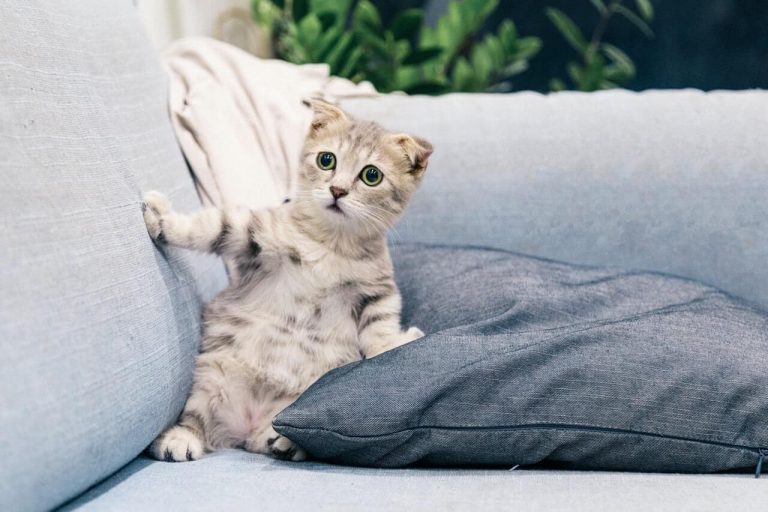
5. Increased Hyper-Vigilance
When cats are afraid or anxious they often will be much more vigilant of their surroundings than usual.
They may look like they’re always on the lookout for the next danger to strike!
This may include:
- Sleeping less than usual
- Hiding more often
- Being more jumpy and getting startled easily
6. Potty Problems
There are many possible reasons for a cat going outside the litter box, but it sometimes can be related to stress or fear.
Cats also may experience intestinal upset and diarrhea when stressed.
One study found that healthy cats are just as likely as chronically-ill cats to display signs of illness in response to changes in their routine and environment.
If your neutered cat is marking and spraying around the home, it also may be due to stress.
Sometimes this can be an anxious, territorially-insecure cats way of “owning” the area around them.
Some cats may spray around the perimeter of their home to protect it from predators or other cats that may be lurking outside.
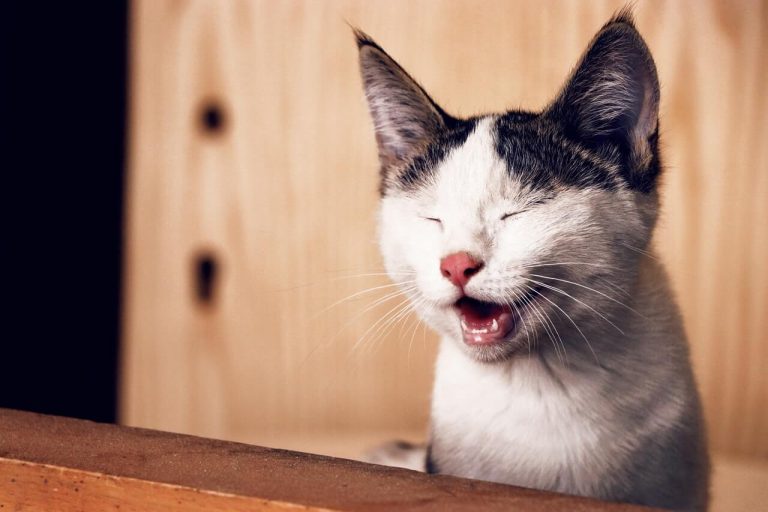
7. Excessive Vocalizations
A cat that is excessively meowing or loudly vocalizing may be stressed out.
Sometimes a cat will do this while pacing around the house or back and forth in a spot while loudly meowing or yowling.
Indoor cats may be prone to this (and other stress behaviors) more often due to a lack of physical and mental stimulation in their environment.
If your cat is confined indoors all day (especially in a small area), with little stimulation and exercise, they may become increasingly stressed and bored over time.
8. Excessive Scratching
Sometimes a stressed cat will excessively scratch the furniture and/or other objects around the house. Stressed, anxious or bored cats will sometimes do this.
Indoor cats may be prone to certain stress behaviors more often due to a lack of physical and mental stimulation in their environment.
If your cat is confined indoors all day with little stimulation and exercise, they may become increasingly stressed and bored over time.
This is why we should strive to create an indoor environment for our cats that allows them to live their best life within our homes!
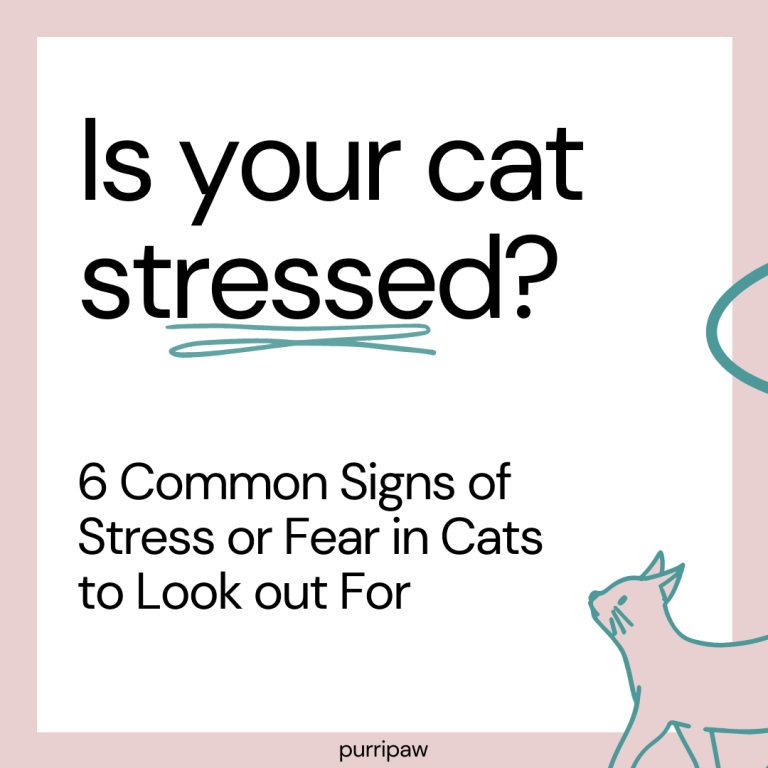
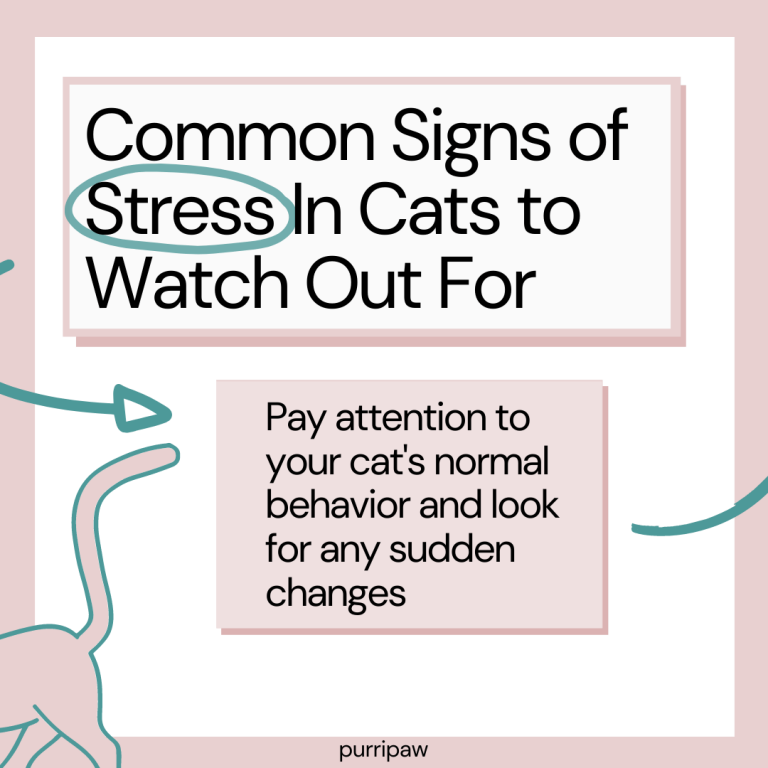
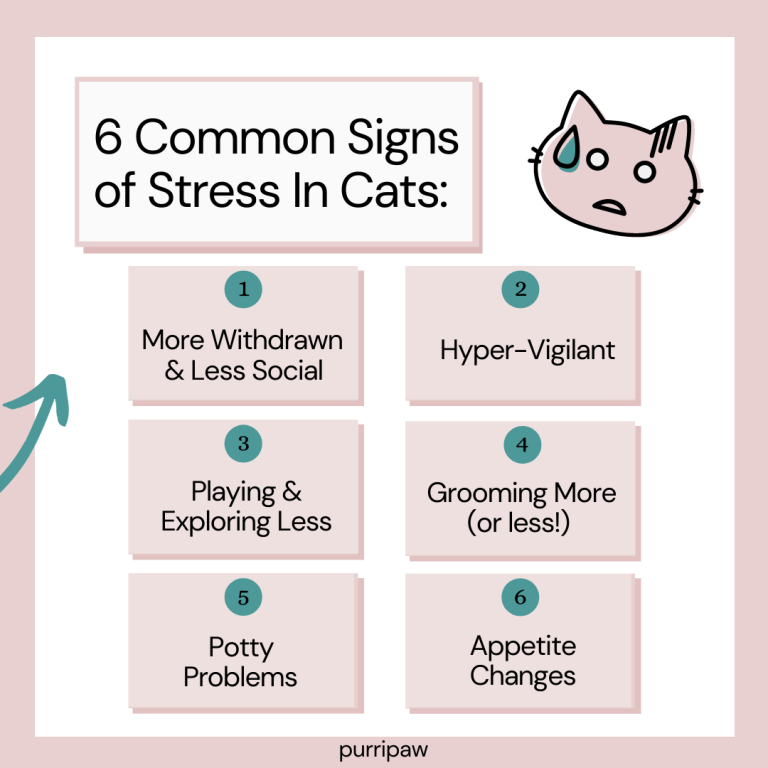
Psstt, if you like this, don’t forget to follow the Purripaw Instagram page here for more fun infographics like this one!